A clutch of transport projects, guarantees for nuclear power plants and a commitment to the £43bn HS2 line are expected to headline the programme to revamp Britain’s creaking infrastructure.
Chief secretary to the Treasury Danny Alexander will detail projects and phasing to bring UK infrastructure spending into line with other leading countries in the Investing in Britain’s Future report.
The plan is expected to include a mix of existing and new schemes with a strong focus on road and rail, including the upgrade of the A14.
Energy will also feature strongly after the Chancellor yesterday flagged up plans to use its £40bn infrastructure guarantee scheme to help build new nuclear plants.
But there is unlikely to be any word on an agreement with EDF over the strike price for electricity, the main stumbling block to starting construction at Hinkley Point.
He will also set out proposals for investing in broadband, next generation mobile networks, housing, flood defences and science.
Hailing the new decision to boost the existing national infrastructure plan, the Chancellor told parliament: “We’re announcing the largest programme of investment in our roads for half a century… we’re committing to the largest investment in our railways since the Victorian age.”
John Cridland, CBI Director-General, said: “Infrastructure is rightly singled out as the most effective engine for growth, as we urged. While the Government talks a good game on infrastructure we’ve seen too little delivery on the ground so far.
“It is critical we see a real pipeline of projects announced tomorrow, so investors know what schemes are going ahead, where and when.”
Nick Baveystock, director general of the Institution of Civil Engineers, said: “The increase in capital expenditure and funding certainty for key programmes appears to be positive news and could provide a platform for the industry to deliver on national needs more effectively.
“It is however, not all good news for infrastructure. Departmental cuts will inevitably place further pressure on local authority budgets, with road maintenance likely to suffer the brunt.”





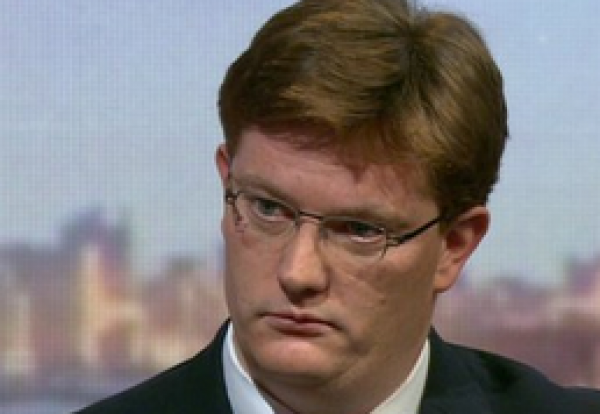










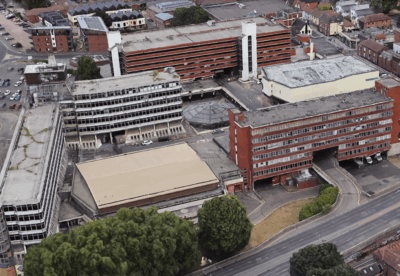




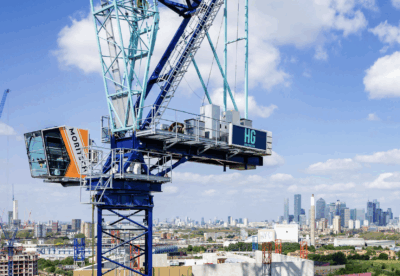




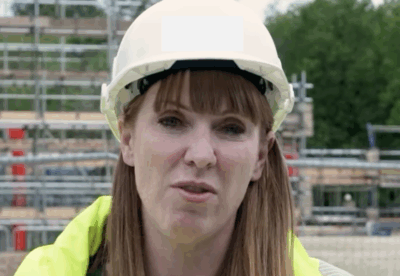
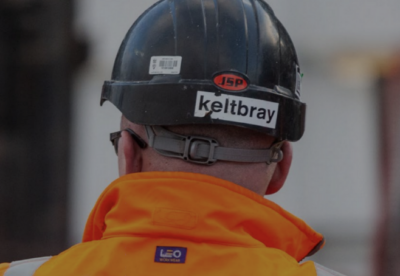









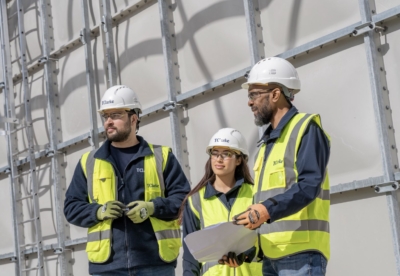
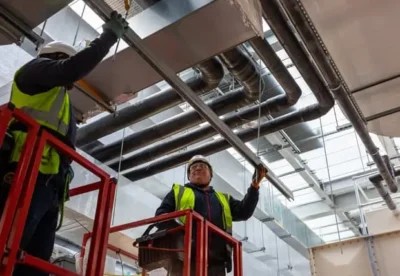


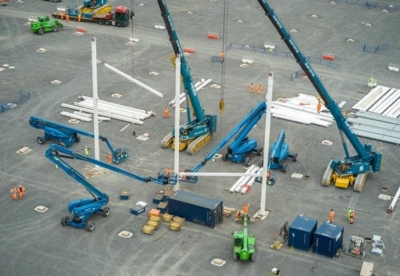

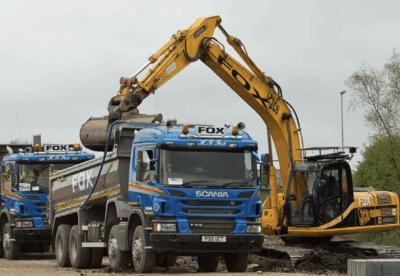
 (300 x 250 px) (2).png)









